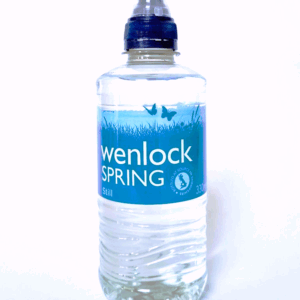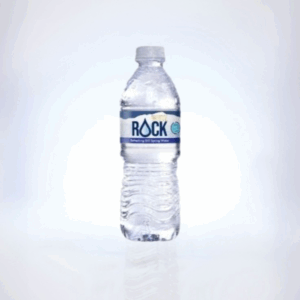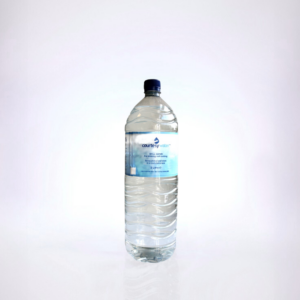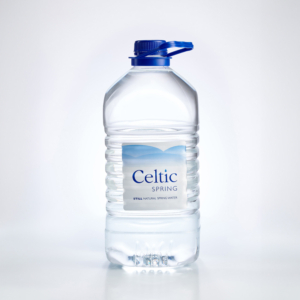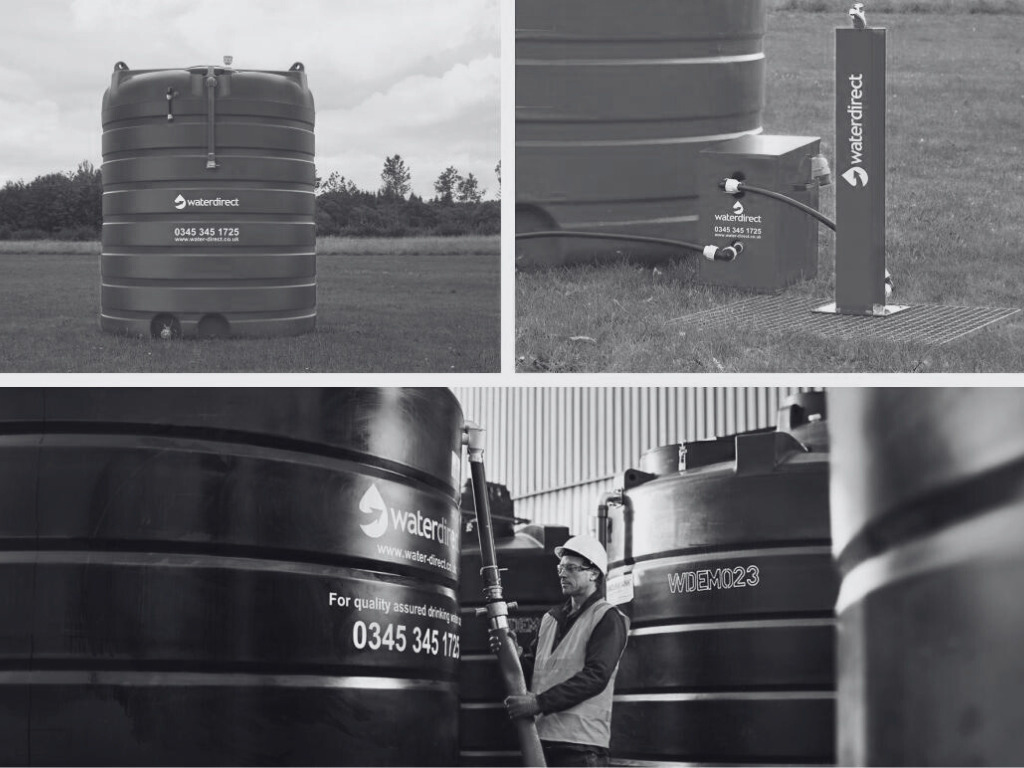
Temporary Water Storage Solutions: Which Option is Right for Your Site?
From scheduled maintenance to unexpected supply interruptions, water shortages can disrupt business operations significantly. Temporary water storage solutions provide a reliable way to maintain supply during these situations, helping organisations remain compliant with UK water quality and health regulations. For industries where hygiene, cooling, or cleaning are essential, having reliable temporary water storage solutions in place is critical.
Why Temporary Water Storage Matters
From construction projects to industrial processes and event management, many business sectors depend on uninterrupted access to clean water. In cases of mains disruption or planned works, temporary water storage tanks and emergency water storage options ensure continuity of supply. These water supply solutions protect productivity, reduce downtime, and safeguard health standards on site.
We provide a range of emergency response solutions to ensure businesses and sites never run out of water when it matters most.
Common Types of Temporary Water Storage Solutions
1. Static Water Tanks
Static tanks are robust, above-ground storage units that can be supplied in a range of capacities.
- Best for: Construction sites, industrial facilities, and event venues.
- Advantages: Durable, hygienic, and ideal for safe potable water storage across different site requirements.
- Considerations: Requires sufficient space and ground conditions to support the weight.
Static tanks are widely used for commercial water storage and can also serve as bulk water storage for sites with higher water demands.
Explore our full range of water tanks and bowsers designed to provide safe and reliable storage for temporary site needs.
2. Towable Water Bowsers
Towable bowsers are mounted on trailers, allowing water to be delivered and distributed where fixed tanks may not be practical.
- Best for: Sites with limited access to mains water, roadworks, agriculture, or short-term events.
- Advantages: Highly mobile, quick to deploy, and ideal for safe potable water delivery in flexible or remote locations.
- Considerations: Limited capacity compared to static tanks.
These are an excellent choice for temporary water supply solutions when flexibility and mobility are required.
3. Underground Storage Tanks
For sites with limited space or where discretion is crucial, underground tanks offer a longer-term storage solution.
- Best for: Large-scale projects requiring higher volumes over extended periods.
- Advantages: Saves surface space and is protected from temperature fluctuations.
- Considerations: Higher installation requirements and planning considerations.
Underground tanks are often chosen as a secure water storage solution for projects that require large volumes of temporary water storage without disrupting site operations.
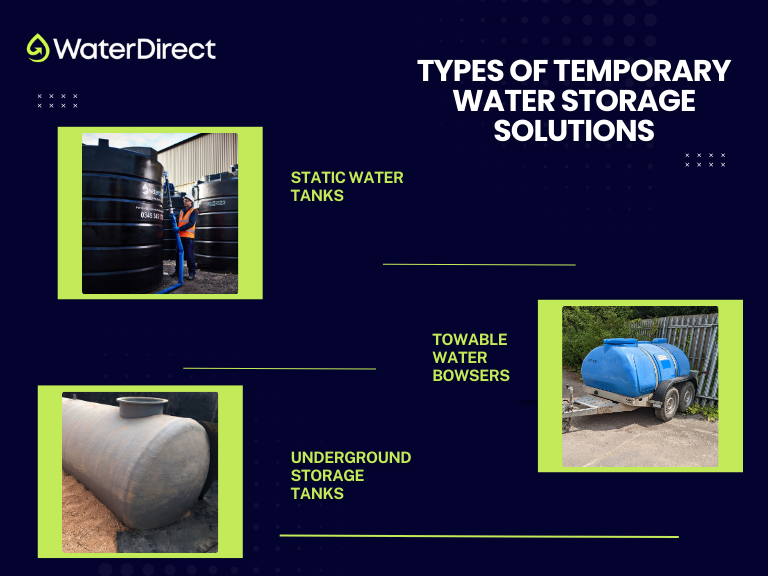
How to Choose the Right Solution
When selecting a temporary water storage solution, consider:
Volume requirements: Estimate daily demand to avoid undersizing and ensure the right water storage solution is in place.
Water quality: Potable temporary water storage tanks must meet the standards set by the UK Drinking Water Inspectorate (DWI).
Site access and space: Larger tanks require suitable access routes and stable ground conditions.
Duration of use: Short-term events may benefit from bowsers, while long-term projects require static or underground tanks.
Regulatory compliance: Follow Health and Safety Executive (HSE) guidelines for safe water use on construction and industrial sites.
Regulatory and Safety Considerations
Temporary water storage in the UK is subject to strict standards to ensure public health and safety. Businesses should be aware of:
- HSE guidance on managing water safety in workplaces.
- Legionella control regulations require safe storage and monitoring of water temperature and cleanliness.
- WRAS compliance, ensuring tanks and fittings meet standards for storing drinking water.
By following these requirements, businesses reduce risks of contamination and ensure continuity of supply.
Conclusion
Temporary water storage solutions offer flexibility and reliability for businesses facing planned or unexpected water supply challenges. From portable water tanks and bowsers to IBCs and underground units, the right choice depends on your site needs, usage duration, and regulatory requirements. With proper planning and compliance, businesses can safeguard operations with the right commercial water storage option in place.
Explore more about Water Direct and the full range of services available to support your site with reliable temporary water storage solutions.
FAQs
Which temporary water storage option is best for construction sites?
Static tanks and towable bowsers are most commonly used on construction sites, depending on the site size, mobility needs, and access to mains supply.
Do temporary water tanks meet drinking water standards in the UK?
Yes, potable water tanks must comply with WRAS approval and DWI standards, ensuring safe storage for drinking and food preparation purposes.
Are businesses legally required to maintain water safety in temporary storage?
Yes. UK employers must follow HSE water safety regulations, including monitoring for bacteria such as Legionella and ensuring water quality remains safe for intended use.
Share:
